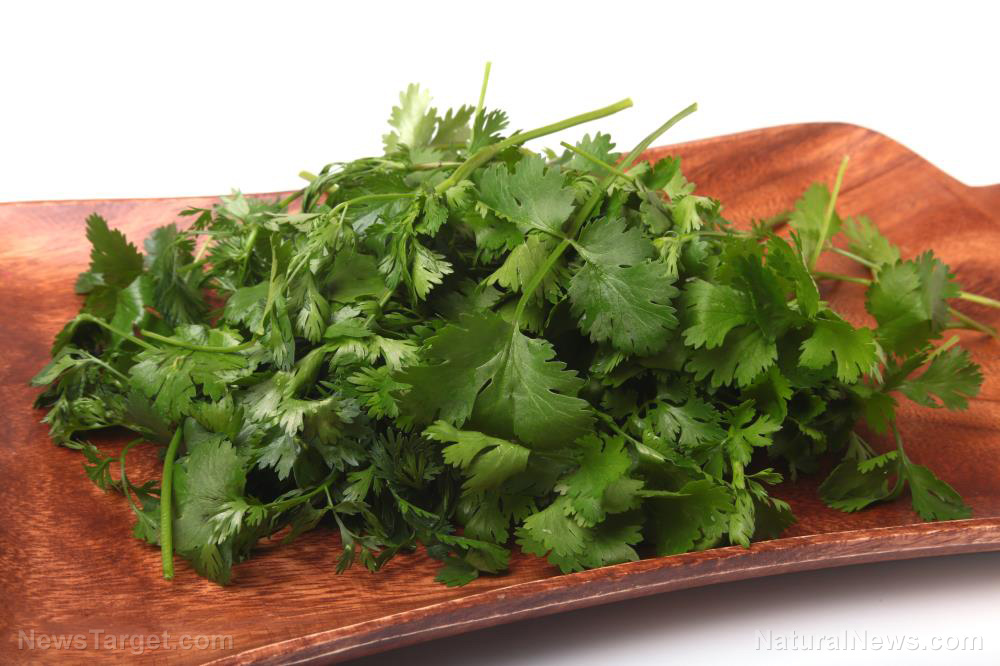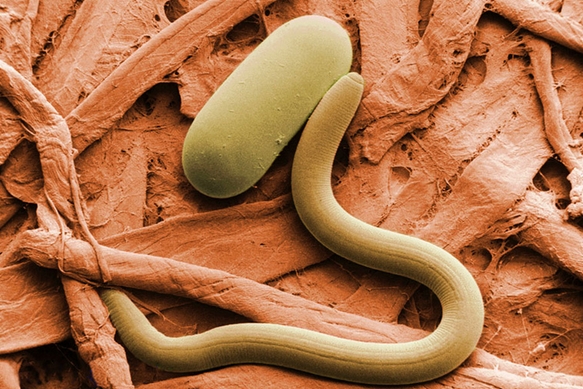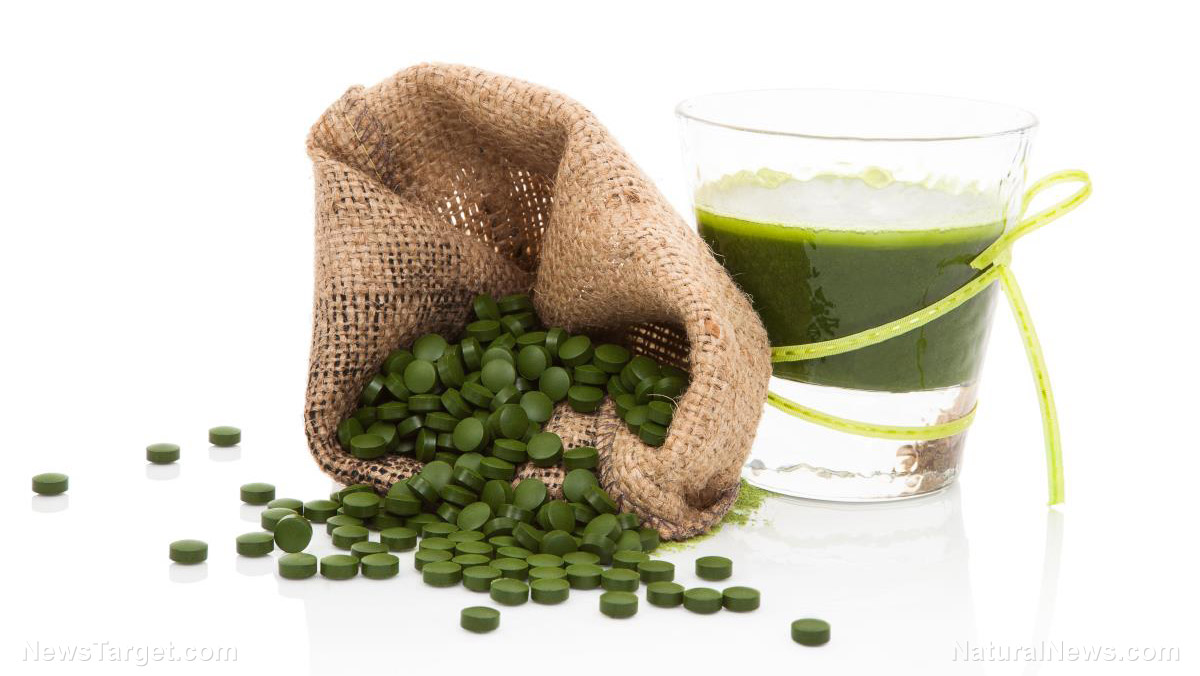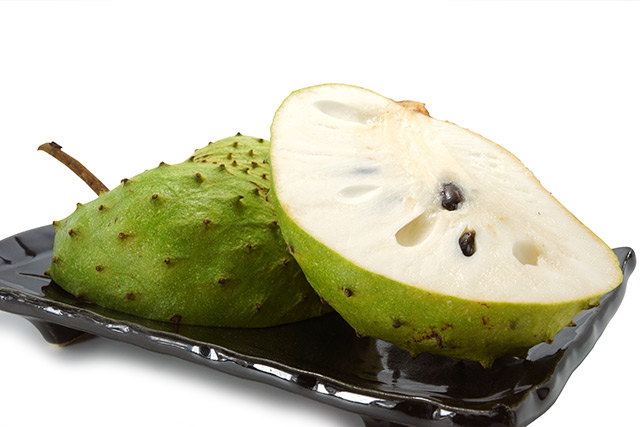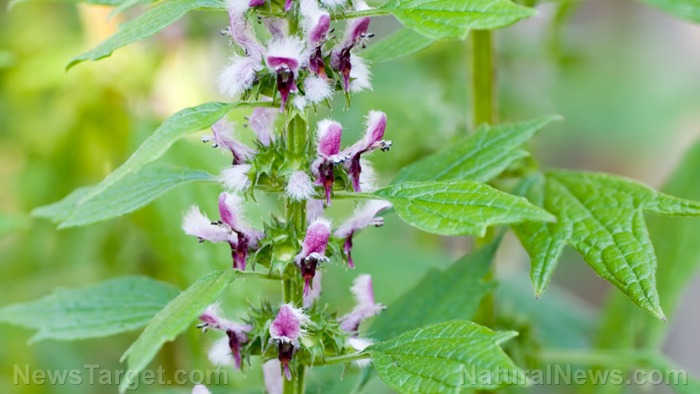The common St. Paul’s wort is a powerful natural cure for gout
10/12/2018 / By Ralph Flores
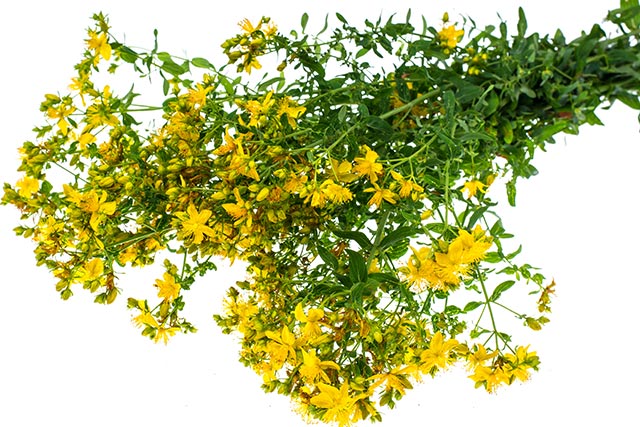
A recent study validates the use of the common St. Paul’s wort (Siegesbeckia orientalis) in traditional medicine as a treatment for gout and arthritis. The findings, which appear in BMC Complementary and Alternative Medicine, evaluated the phytochemical components of the plant – especially flavonoids and other phenolic compounds which demonstrate antioxidant and anti-inflammatory properties.
“The present study evaluates anti-hyperuricemic and anti-inflammatory effects of S. orientalis extract using well-established animal models,” they wrote in their report.
The common St. Paul’s wort is a common plant in Southeast Asia, especially in Vietnam, where it’s used to treat wounds, burns, and inflammatory diseases. In indigenous medicine, it is called “hy-thiem,” and it is used for the treatment of acute arthritis, rheumatism, inflammation, and especially gout and pain. Earlier studies have examined that plant’s analgesic and anti-inflammatory properties, but this was done while the plant was an ingredient of an herbal extract and not an isolate. Currently, more recent studies have focused on the common St. Paul’s wort, especially its ability to suppress pro-inflammatory pathways – which is closely linked to the onset of gout symptoms.
Researchers looked at the ability of the St. Paul’s wort to address two main symptoms of gout: Hyperuricemia, the presence of excess uric acid in the bloodstream, and inflammation. In conventional medicine, hyperuricemia is treated by xanthine oxidase (XO) inhibitors, which regulate the metabolism of and excretion of urea in the blood. However, XO inhibitors can cause adverse side effects, which include rashes, nausea, vomiting, and even kidney failure. In severe cases, this could even result in cardiovascular diseases and acute liver damage. For this study, they examined the phytochemical compounds responsible for these properties and tested it using a rat model for hyperuricemia.
The power of the elements: Discover Colloidal Silver Mouthwash with quality, natural ingredients like Sangre de Drago sap, black walnut hulls, menthol crystals and more. Zero artificial sweeteners, colors or alcohol. Learn more at the Health Ranger Store and help support this news site.
To create the extract used in the experiments, researchers used the aerial part of the common St. Paul’s wort and obtained a crude ethanol extract and an n-butanol-soluble fraction. Rats were then treated with either the ethanol extract or the butanol fraction for five days. To mimic hyperuricemia, the rats were injected with potassium oxidate after the five-day treatment. Blood samples, liver tissue, and uric acid levels were collected for further analysis. Additional tests were also done to evaluate the anti-inflammatory property of n-butanol-soluble fraction and the chemical composition of both extracts.
The findings revealed that both extracts were able to inhibit hyperuricemia, with researchers indicating that n-butanol-soluble fraction as the most active portion of the plant. Results of the animal models were similar: The fraction was able to effectively reduce all biomarkers of hyperuricemia and inflammation, as well as relieve pain and swelling. The chemical analysis showed that the common St. Paul’s wort contained a high phenolic content, especially with caffeic acid analogs and flavanones.
Researchers concluded that the bioactive ingredients in the common St. Paul’s wort could be used to treat hyperuricemia and inflammation, which are common in patients with gout. In particular, they pointed out that the phenolic presents found in the plant are primarily responsible for these biological activities.
“Our findings support the application of this plant as an indigenous medicine for treating gout, which occurs when metabolic and inflammatory disorders take place together, by its dual pharmacological action,” they added. (Related: Eliminate gout, arthritis and fibromyalgia pain FAST with 3 natural home remedies.)
Discover more plants that treat gout at Herbs.news.
Sources include:
Tagged Under: alternative medicine, analgesic, Anti-hyperuricemic, anti-inflammatory, herbal medicine, Herbs, natural cures, natural medicine, plant cures, plant medicine, remedies, Siegesbeckia orientalis, St. Paul's wort










